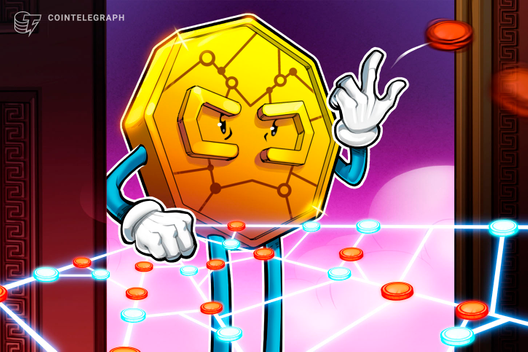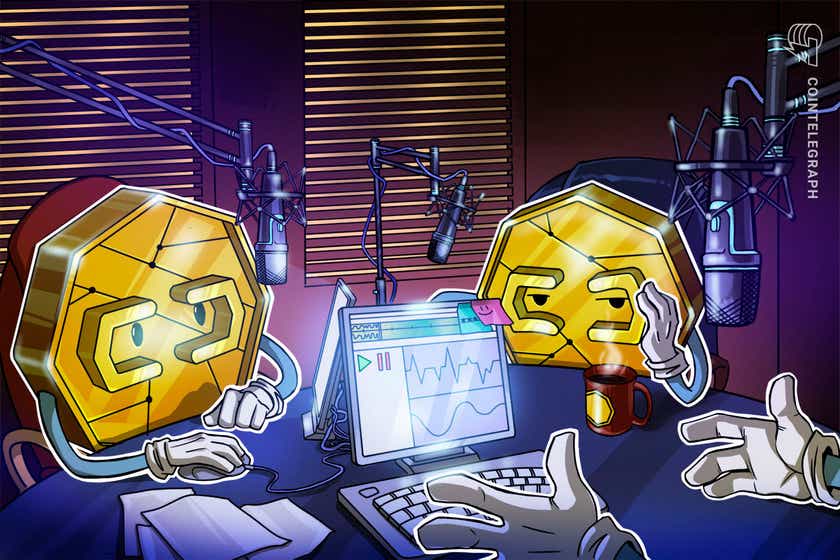7 most in-demand programming languages to learn
In the ever-evolving landscape of technology, programming languages play a crucial role in shaping the digital world. Aspiring developers and seasoned professionals alike are constantly seeking programming languages that offer both versatility and high demand in the job market.
This article will explore the seven most in-demand programming languages worth learning today. From web development to blockchain and data management, these languages cover a wide range of domains and provide promising career opportunities. Let’s dive in and discover the top contenders.
What is a programming language?
A programming language is a formal language used to communicate instructions to a computer. It provides a set of rules and syntax that allows programmers to write code to perform specific tasks or operations. Programming languages serve as a means of communication between humans and computers, enabling the creation of software, applications and systems.
Programmers use programming languages to write algorithms, define data structures and manipulate various elements of a computer program. These languages can be classified into different paradigms, such as procedural, object-oriented, functional or declarative, each with its own set of principles and concepts.
Programming languages can vary in terms of complexity, purpose and domain-specificity. They can be general-purpose, suitable for a wide range of applications, or specialized for specific tasks or industries, like web development, data analysis or artificial intelligence.
Examples of popular programming languages include Python, JavaScript, Ruby, and many more. Each language has its strengths, weaknesses, and areas of application. Programmers choose a programming language based on the requirements of their projects, personal preferences and the ecosystem surrounding the language, including available libraries, frameworks and community support.
Seven in-demand programming languages to learn
Python
Python’s simplicity, readability and broad community support have helped it grow dramatically in popularity in recent years. It is commonly used in automation, machine learning, data analysis and web development. Python is a preferred language for many developers due to its adaptability and extensive library of tools, including Django and Flask, and lar libraries such as NumPy, Pandas and Scikit-learn.
Related: How to learn Python with ChatGPT
✅ Roadmap to learn Python Programming !
.#BigData #Analytics #DataScience #AI #MachineLearning #IoT #PyTorch #Python #RStats #TensorFlow #Java #JavaScript #ReactJS #React #DataScientist #Linux #Programming #Coding #100DaysofCode #DevOps #GitHub #SQL #CyberSecurity #Developer pic.twitter.com/Dprs3ddVc9— Gina Acosta (@ginacostag_) July 17, 2023
JavaScript
JavaScript is the foundation of contemporary web development, enabling dynamic and interactive website functionalities. It is essential for front-end development, and frameworks like React and Angular have further solidified its prominence in the industry.
Ruby
Ruby is an object-oriented, dynamic programming language renowned for its elegance and simplicity. It has grown in prominence as a result of its emphasis on developer satisfaction and output. Ruby has gained popularity for its ease of use in creating reliable online applications thanks to Ruby on Rails, a powerful web application framework.
Solidity
Solidity was created primarily to create smart contracts for the Ethereum blockchain. The need for Solidity developers has grown as blockchain technology continues transforming numerous sectors. One can create safe and decentralized applications (DApps) using the programming language, adding to the fascinating realm of blockchain-based technologies.
SQL
The preferred language for controlling and modifying relational databases is SQL, or Structured Query Language. SQL expertise is highly sought as data-driven decision-making becomes more prevalent. Being able to extract, analyze and manipulate data effectively with SQL makes one a useful asset in firms that prioritize data.
Rust
Rust is a systems programming language emphasizing concurrency, efficiency,and safety. It has gained attention for its robustness and memory safety guarantees, which make it excellent for creating embedded devices, web servers and high-performance software. Rust is a desirable language for developers looking to create dependable and effective apps because of its distinctive features and focus on security.
Related: 5 programming languages to learn for AI development
Rust is still a newer programming language, but it’s been the “most loved” in the Stack Overflow dev survey 7 years in a row.
It also has many powerful features that make it popular among large tech companies.
Learn Rust in this course on freeCodeCamp’s YouTube channel. pic.twitter.com/Rtjbu8dz8g
— freeCodeCamp.org (@freeCodeCamp) July 17, 2023
Go
Go, commonly known as Golang, is a contemporary programming language created by Google focused on scalability, efficiency and simplicity. Go is a fantastic choice for developing distributed systems, cloud-native applications and microservices due to its concurrent programming capabilities and quick compilation time. Knowing Go offers excellent job chances as scalable architectures and cloud computing continue to rule the computer industry.









